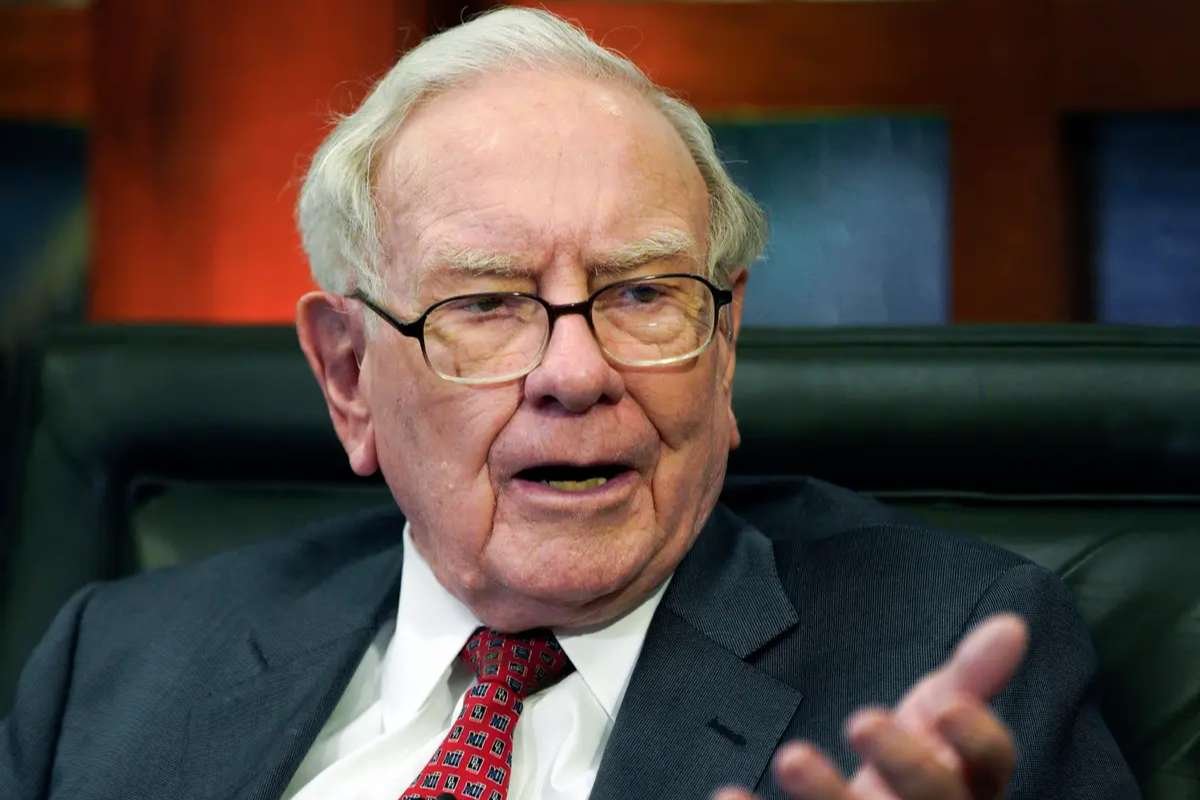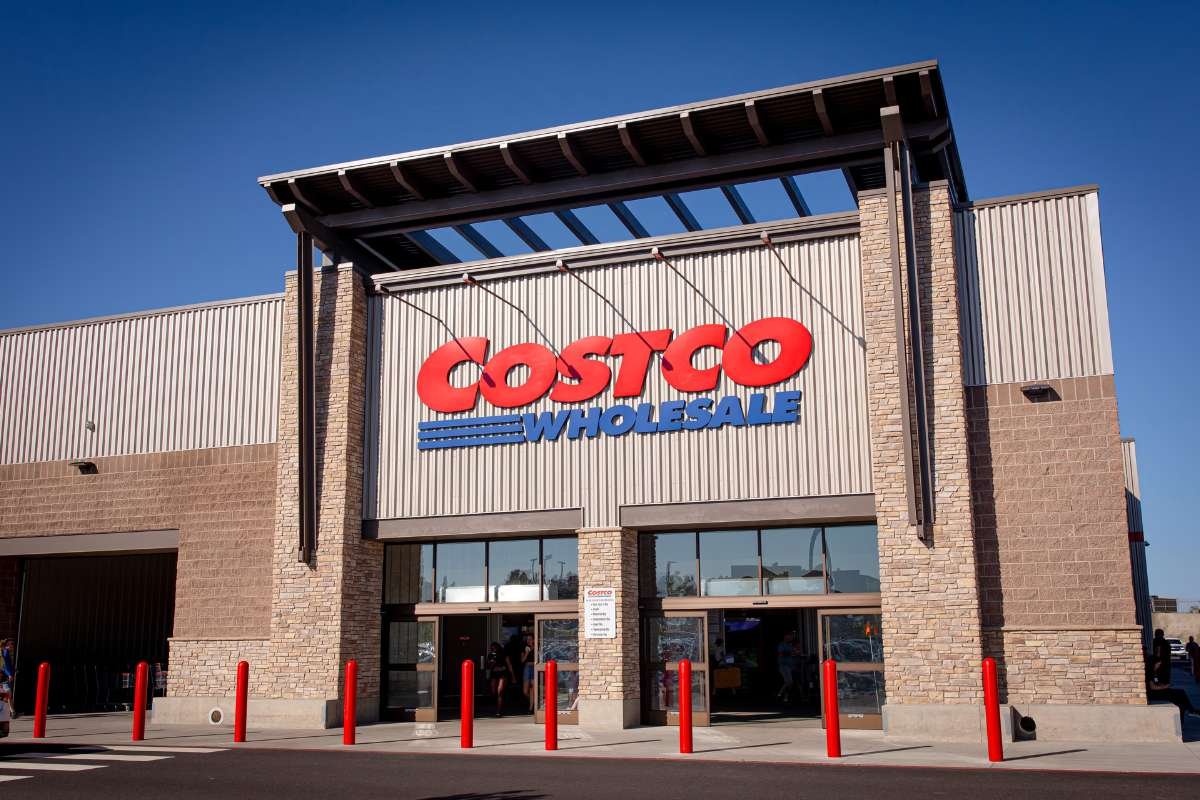Key Points:
- Berkshire invests $4.3B in Alphabet, shares jump 7%.
- Portfolio shift: trims Apple, adds Alphabet to top 10.
- Signals cautious move into AI-driven tech.
Alphabet’s shares rallied sharply after Berkshire Hathaway disclosed a new multibillion-dollar position in the Google parent, marking one of the conglomerate’s most significant technology bets in recent years. The filing revealed that Berkshire purchased a stake valued at approximately $4.3 billion, representing nearly 18 million Alphabet shares. The market reacted immediately, sending Alphabet’s stock up more than 7% in after-hours trading as investors interpreted the move as a powerful vote of confidence.
For a company traditionally cautious around high-growth technology stocks, Berkshire’s entry into Alphabet stands out as a strategic shift. The investment also places Alphabet among the top 10 publicly traded holdings in Berkshire’s vast equity portfolio, underscoring the conglomerate’s growing willingness to lean into the momentum of AI-driven tech giants. Analysts noted that the surge in Alphabet’s shares reflected not just market optimism around AI, but also the symbolic weight of Berkshire’s endorsement and influence that has moved markets for decades.
Portfolio Realignment and Shifting Investment Strategy
The timing of Berkshire’s investment in Alphabet comes during an active period of portfolio reshuffling. While adding a substantial new tech holding, the firm also scaled down several longstanding positions. Notably, Berkshire trimmed its stake in Apple, reducing its exposure by double digits and moving away from what has long been its largest single stock investment. Other financial positions, including holdings in major U.S. banks, were also pared back.
This combination of selling legacy stakes and accumulating a major new technology investment suggests a nuanced rebalancing effort. With AI infrastructure, cloud computing, and digital advertising continuing to reshape the tech landscape, Berkshire’s decision to step into Alphabet appears aligned with broader shifts in global markets. Observers believe the move signals not just a financial recalibration, but also a recognition of how central data-driven and AI-enabled businesses have become to long-term value creation.
The investment has also reignited discussions around Berkshire’s succession planning. As Warren Buffett prepares for the eventual transition of leadership, the firm’s evolving portfolio may reflect the increasing influence of investment deputies who have historically shown more appetite for tech-driven opportunities.
Market Implications, AI Bubble Debate, and Future Outlook
While Warren Buffett’s new position in Berkshire’s has energized Alphabet investors, the broader tech sector continues to face questions about sustainability. Growing warnings of an “AI bubble” have surfaced across global markets as valuations climb to new highs. Alphabet, like several leading tech companies, is navigating elevated expectations tied to its AI products, cloud business, and advertising recovery.
Despite these concerns, Berkshire’s investment is widely viewed as a stabilizing factor. The conglomerate has historically avoided speculative surges, and its involvement is seen as a sign that Alphabet’s fundamentals remain strong despite market volatility. Still, the stake represents less than 1.5% of Berkshire’s portfolio, signaling a cautious but deliberate entry rather than a sweeping strategic shift.
Looking ahead, Alphabet’s ability to deliver consistent growth, especially in AI deployment, search innovation, and cloud profitability, will be closely watched. Berkshire’s endorsement may provide near-term momentum, but long-term stability will depend on how the company navigates competition, regulatory scrutiny, and shifting technological cycles.
In essence, Warren Buffett’s Berkshire Hathaway’s $4.3 billion move into Alphabet encapsulates a pivotal moment: a traditional, value-driven investment giant stepping deeper into the AI era, and a global tech leader gaining a powerful new backer at a time of rapid industry transformation.


















